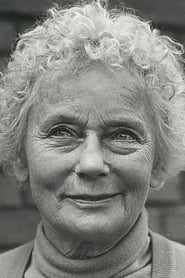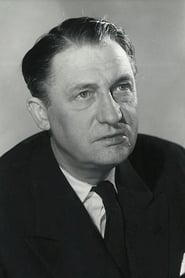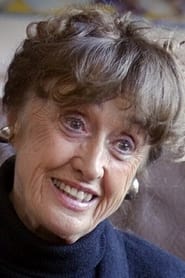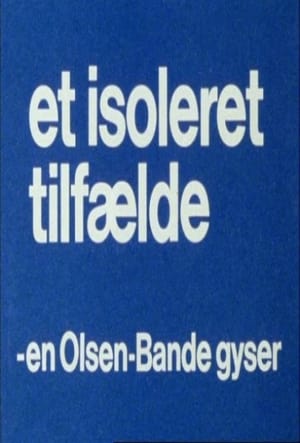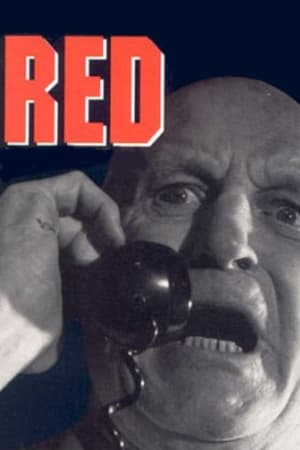

Hvorfor stjæler barnet?(1955)
Movie: Hvorfor stjæler barnet?
Top 9 Billed Cast
Barn
Barn
Barn
Barn
Recommendations Movies
RED(as)
SUMMARY:- A girl wakes up early in the morning to witness an immense Pain in her groin area & discovers blood on the bedsheet which makes her very uncomfortable to face her father. The next series of events lead her to understand whether she can speak about it or not, moreover, an important incident is highlighted between the use of face mask and sanitary pads as both are used for protection purposes. In this, her father get involved consciously and maintains stability and at the same time respecting her daughter's emotion in order to make her understand about the scenario, makes it even more effective love & affection for the father-daughter duo in facing each other and also towards the society.
Mana Huncha Khina Sawule Chuti Dinna Aama(en)
The air in London was damp and cold, a stark contrast to the vibrant warmth of Kathmandu that Anmol often dreamed of. It had been five years since he left Nepal for the United Kingdom, chasing the dreams his mother, Susmita, had envisioned for him. She had sacrificed everything-her small savings, her comfort, and her daily joy of having her son by her side-so Anmol could study and build a better life abroad. Anmol was a hard worker, juggling university classes and long hours at Amrish's restaurant. The boss, a shrewd businessman, valued profits over people. Anmol, like the rest of the staff, was little more than a cog in the relentless machinery of the restaurant's success. One evening, after another grueling 12-hour shift, Anmol sat on his small bed in his shared apartment. His phone buzzed. It was his mother. "Anmol, Dashain and Tihar are coming. I've cleaned the house and even set aside some money to buy your favorite sweets.
 6.0
6.0East of Main Street: Asians Aloud(en)
In celebration of Asian Heritage Month, HBO presents a collection of perspectives from a diverse group of Asian Americans.
 6.4
6.4The Sons(jv)
Four elementary school students talk about their daily life on a pedicab. Then, they realize that today is Mother's Day.
 6.9
6.9Vivian(en)
"A film portrait cut to the tune of Conway Twitty's version of 'Mona Lisa.' Filmed in part at a 1964 show of Conner's artwork in San Francisco, the film is also a witty statement about forces that take the life out of art. Vivian Kurz, the subject of the film, is entombed in a glass display case." - Judd Chesler Award: Gold Medal Award, Sesta Biennale D'Arte Republica Di San Marino. Da Vinci thought he caught her smiling.
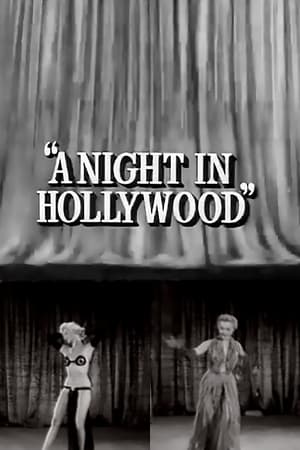 2.0
2.0A Night in Hollywood(en)
Filmed record of a burlesque show, featuring Tempest Storm in a Technicolor segment.
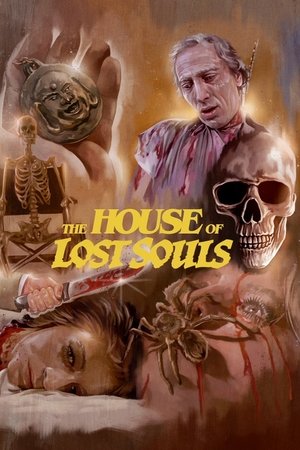 6.7
6.7The House of Lost Souls(it)
A handful of young geologists are unlucky enough to be forced to stay at a rundown hotel in the middle of nowhere. What they don't know is that the hotel has been abandoned for twenty years because the owner of the hotel had killed his family and all the guests two decades ago. Strange things begin to happen, and suddenly murders are committed...
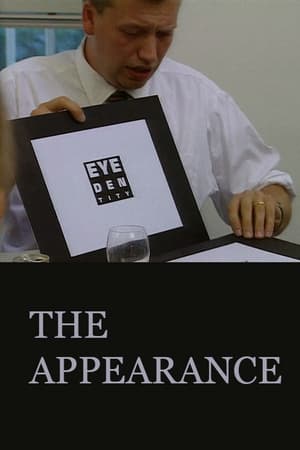 5.8
5.8The Appearance(de)
An advertising agency has to pitch a marketing concept to an optician's consortium, represented by the manager who is the first to see the campaign. The logo submitted is examined from every angle: it must simultaneously express both the company's dynamism and its reliability. A fascinating, dispassionate glimpse behind closed doors, where every detail is dramatized to win that lucrative contract.
The March of the Machines(fr)
La marche des machines is a thundering, thumping symphony of turbines, belts, flanges, wheels and sparks.
 5.0
5.0Legend of the Muse(en)
A painter's life is changed forever when a mythical and deadly spirit from Celtic lore becomes his muse and lover.
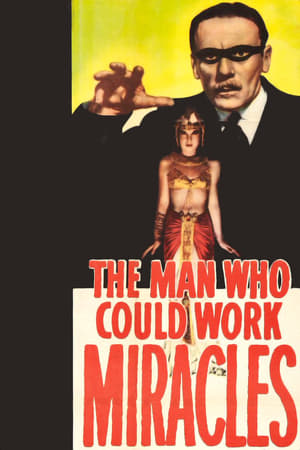 5.7
5.7The Man Who Could Work Miracles(en)
An ordinary man, while vigorously asserting the impossibility of miracles, suddenly discovers that he can perform them.
Pilot for a Soap Opera about an Egyptian Air Hostess(ar)
Sherif el-Azma’s 52-minute video consists of improvised scenarios involving a cadre of stewardesses for a third-world airline. The first part of the video follows them through their training: the young women interrogate one another in varying tempo, learning how to be friendly yet reveal nothing about themselves. In the second part, two of the stewardesses work the first-class cabin of a turbulent flight. As the flight wears on, the refreshments run out, the real lapses into the fantastic and the stewardesses drift into strange and terrifying new spaces. The video’s evocative imagery—an older stewardess and her protégé walking in high heels through a desert—is at once comic and tragic and just slick enough to be uncanny. The simple sets are a deadpan foil for the absurd events that unfold within them. Samuel Beckett’s dramatic work comes immediately to mind.
Similar Movies
 6.7
6.7If These Walls Could Talk(en)
A powerful, intimate portrait of three women living in the same house during different eras who all face unplanned pregnancies. The vignettes follow a recently widowed nurse struggling to take control of her life in the early 50s, a mother of four balancing raising a family and maintaining a career in the 70s, and a student making a difficult decision with the help of one woman that will change the course of both their lives in the 90s.
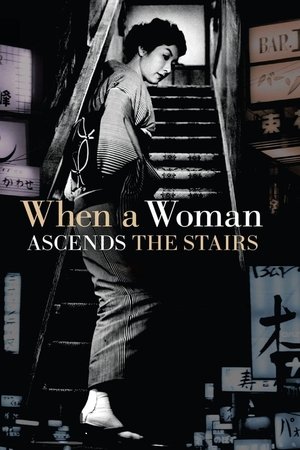 8.0
8.0When a Woman Ascends the Stairs(ja)
Keiko, whom everyone calls Mama, narrates her story: she's a hostess on the Ginza, 30, a widow. She describes life's vicious cycle: acting cheerful around drunks, dressing and living well to convey confidence, needing money for these expenses and for her demanding mother and brother, and knowing she's growing older.
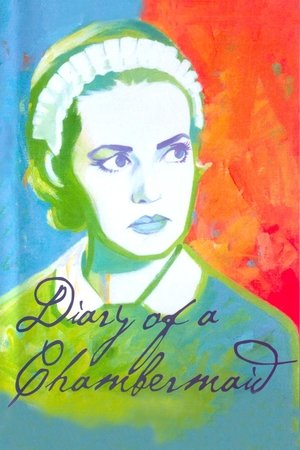 7.1
7.1Diary of a Chambermaid(fr)
Celestine has a new job as a chambermaid for the quirky M. Monteil, his wife and her father. When the father dies, Celestine decides to quit her job and leave, but when a young girl is raped and murdered, Celestine believes that the Monteils' groundskeeper, Joseph, is guilty, and stays on in order to prove it. She uses her sexuality and the promise of marriage to get Joseph to confess -- but things do not go as planned.
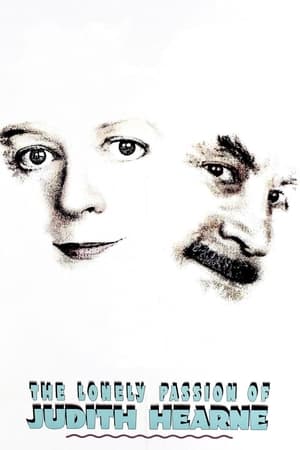 6.6
6.6The Lonely Passion of Judith Hearne(en)
A penniless middle-aged spinster scrapes by giving piano lessons in the Dublin of the 1950s. She makes a sad last bid for love with a fellow resident of her rundown boarding house, who imagines she has the money to bankroll the business he hopes to open.
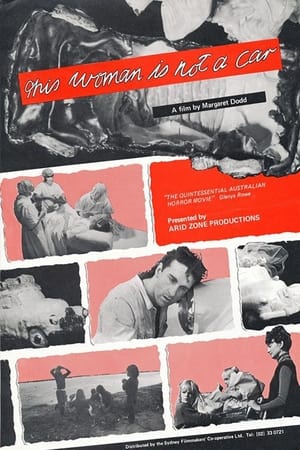 1.0
1.0This Woman Is Not a Car(en)
A depressed wife and mother whose reality is starting to fracture into fantasy, drives her children to the beach. On the return journey she stops at a service station to fill up with petrol. Four mechanics eye her off and, as one of them walks towards her car, a full-blown erotic fantasy develops.
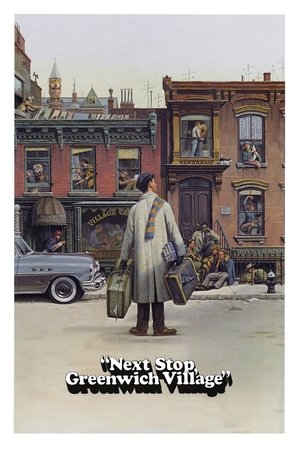 6.4
6.4Next Stop, Greenwich Village(en)
An aspiring Jewish actor moves out of his parents' Brooklyn apartment to seek his fortune in the bohemian life of Greenwich Village in 1953.
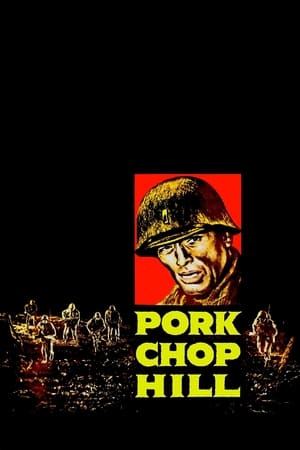 6.5
6.5Pork Chop Hill(en)
Korean War, April 1953. Lieutenant Clemons, leader of the King company of the United States Infantry, is ordered to recapture Pork Chop Hill, occupied by a powerful Chinese Army force, while, just seventy miles away, at nearby the village of Panmunjom, a tense cease-fire conference is celebrated.
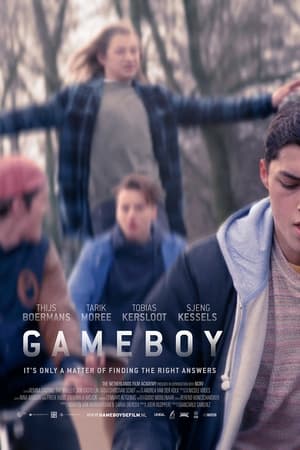 6.0
6.0Gameboy(nl)
Thijs, Tobias, Sjeng, and Tarik break into a house and steal a multitude of their school exams for profit. But in time, as their gain notoriety, the jig is up! But will all four go down, will there be consequences, and will that be all that happens to these rambunctious four young men?
 5.8
5.8The Killer Inside Me(en)
Deputy Sheriff Lou Ford is a pillar of the community in his small west Texas town, patient and apparently thoughtful. Some people think he is a little slow and maybe boring, but that is the worst they say about him. But then nobody knows about what Lou calls his "sickness": He is a brilliant, but disturbed sociopathic sadist.
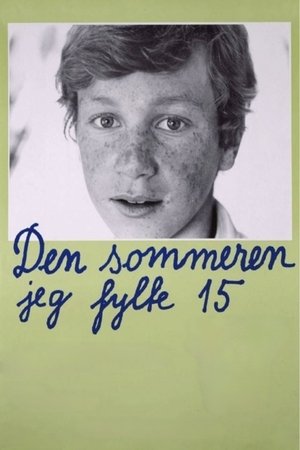 5.6
5.6The Summer I Turned 15(no)
The story Peter is telling the about a special summer, when he is invited over to summer holiday from bickering parents, to his aunt and uncle in the country. He's been there before, but this summer was quite one to remember.
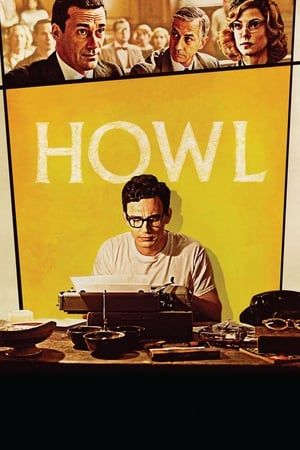 6.5
6.5Howl(en)
It's San Francisco in 1957, and an American masterpiece is put on trial. Howl, the film, recounts this dark moment using three interwoven threads: the tumultuous life events that led a young Allen Ginsberg to find his true voice as an artist, society's reaction (the obscenity trial), and mind-expanding animation that echoes the startling originality of the poem itself. All three coalesce in a genre-bending hybrid that brilliantly captures a pivotal moment-the birth of a counterculture.
 7.5
7.5Amerikatsi(hy)
In 1948, decades after fleeing Armenia to the US as a child, Charlie returns in the hopes of finding a connection to his roots, but what he finds instead is a country crushed under Soviet rule. After being unjustly imprisoned, Charlie falls into despair, until he discovers that he can see into a nearby apartment from his cell window - the home of a prison guard.
 7.3
7.3Quiz Show(en)
Herbert Stempel's transformation into an unexpected television personality unfolds as he secures victory on the cherished American game show, 'Twenty-One.' However, when the show introduces the highly skilled contestant Charles Van Doren to replace Stempel, it compels Stempel to let out his frustrations and call out the show as rigged. Lawyer Richard Goodwin steps in and attempts to uncover the orchestrated deception behind the scenes.
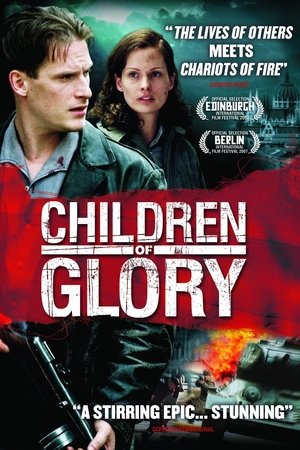 7.0
7.0Children of Glory(hu)
Children of Glory will commemorate Hungary's heroic Revolution of 1956, and takes place in Budapest and at the Melbourne Olympic Games in October and November of that year. While Soviet tanks were destroying Hungary, the Hungarian water polo team was winning over the Soviets in the Olympic pool in Melbourne, in what has been described as the bloodiest water polo match in history.
 7.7
7.7October Sky(en)
Homer Hickam is a kid with only one future in sight, to work in the local coal mine like his father. However, in October 1957 everything changes when the first artificial satellite, Sputnik, goes into orbit. When Homer sees the Soviet satellite streak overhead, he becomes inspired to learn how to build rockets. With the help of his friends, and the local nerd, Homer sets to do just that by trial and a lot of error. Unfortunately, most of the town, and especially Homer's father, thinks that they are wasting their time. Only one teacher understands their efforts and lets them know that they could become contenders in the national science fair with college scholarships being the prize. Now the gang must learn to perfect their craft and overcome the many problems facing them as they shoot for the stars.
 6.3
6.3Intimate Enemies(fr)
A drama following a French platoon during Algeria's war of independence.
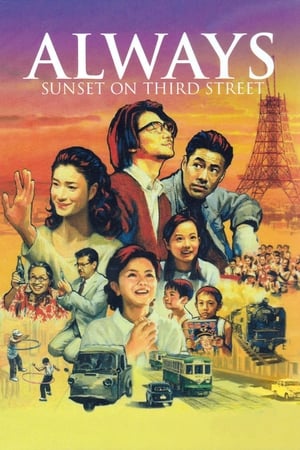 7.6
7.6Always - Sunset on Third Street(ja)
Teenage Mutsuko comes to Tokyo for work but ends up at a repair shop. She befriends the owner's family. Neighbors Hiromi, writer Chagawa with admirer Junnosuke strive alongside them in postwar Tokyo's evolution.
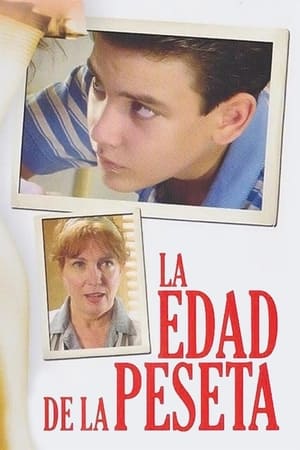 4.8
4.8The Silly Age(es)
The "edad de la peseta" or silly age is the term used in Cuba for the pre-adolescent period from the age of seven to the age of eleven. Set in 1958 in Havana, the year that culminates the Revolution, ten-year-old Samuel has just arrived in town with his recently divorced mother. They take up residence in the house of his eccentric grandmother Violeta, and Samuel is introduced to a new, mysterious world where Samuel finds himself an adult in comparison to his child-like mother.
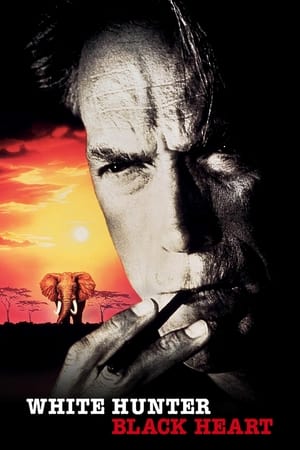 6.4
6.4White Hunter, Black Heart(en)
Renowned filmmaker John Wilson travels to Africa to direct a new movie, but constantly leaves to hunt elephants and other game, to the dismay of his cast and crew. He eventually becomes obsessed with hunting down and killing one specific elephant.
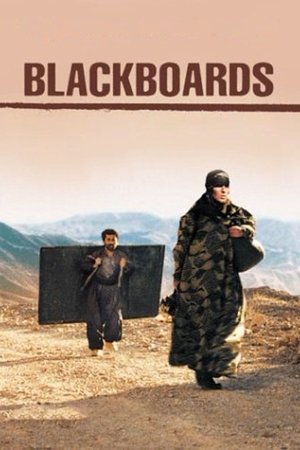 6.6
6.6Blackboards(fa)
Itinerant Kurdish teachers, carrying blackboards on their backs, look for students in the hills and villages of Iran, near the Iraqi border during the Iran-Iraq war. Said falls in with a group of old men looking for their bombed-out village; he offers to guide them, and takes as his wife Halaleh, the clan's lone woman, a widow with a young son. Reeboir attaches himself to a dozen pre-teen boys weighed down by contraband they carry across the border; they're mules, always on the move. Said and Reeboir try to teach as their potential students keep walking. Danger is close; armed soldiers patrol the skies, the roads, and the border. Is there a role for a teacher? Is there hope?
